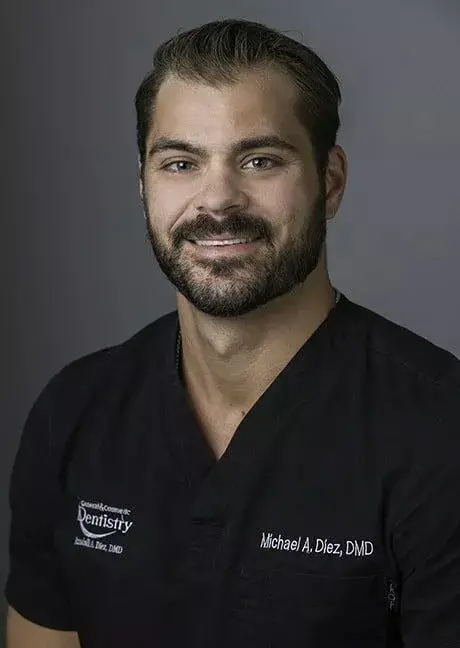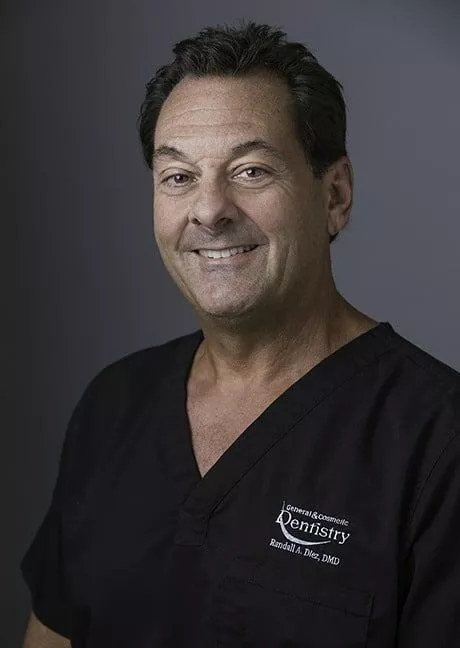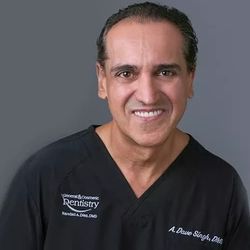Oral Cancer Screening in South Tampa, FL
Oral cancer is a serious medical condition that affects the mouth and throat. It can occur in the lips, tongue, cheeks, gums, and roof or floor of the mouth. This type of cancer develops when there is an abnormal growth of cells in these areas. Early detection plays a crucial role in successfully treating oral cancer. Regular screenings are essential for identifying any signs or symptoms at an early stage. By detecting it early on, treatment options such as surgery or radiation therapy have higher success rates.
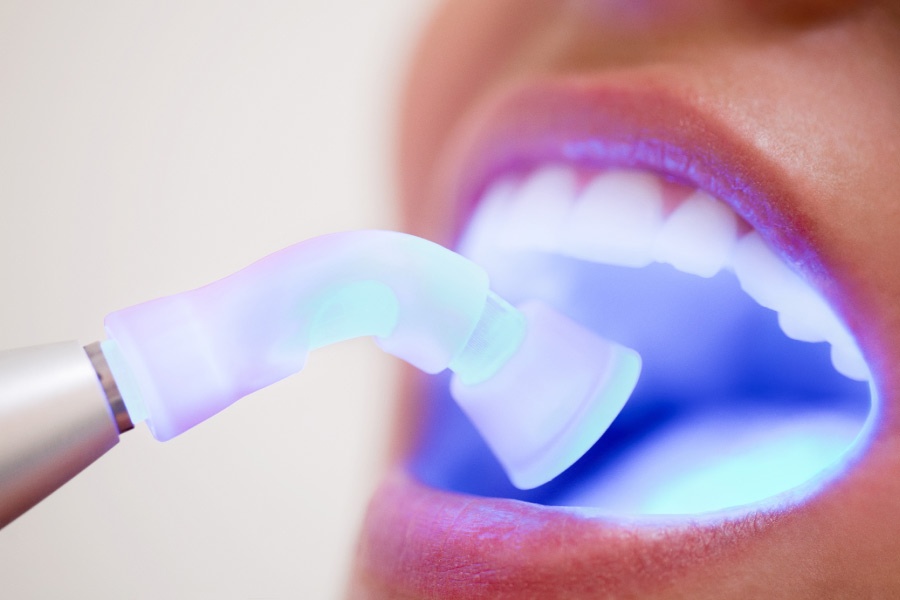
Risk Factors for Oral Cancer in South Tampa, FL
- Tobacco use: Smoking cigarettes, cigars, pipes, or using smokeless tobacco increases the risk of oral cancer. The harmful chemicals in these products can damage cells in the mouth and lead to cancerous growths.
- Heavy alcohol consumption: Excessive drinking not only damages liver function but also increases the likelihood of developing oral cancer. Alcohol weakens the cells lining the mouth and throat, making them more susceptible to carcinogens.
- HPV infection: Certain strains of human papillomavirus (HPV), a sexually transmitted infection, have been linked to an increased risk of oral cancer. Practicing safe sex and getting vaccinated against HPV can help reduce this risk.
- Poor diet: A lack of fruits and vegetables in your diet can contribute to the development of oral cancer. These nutrient-rich foods provide antioxidants that help protect against cell damage.
- Sun exposure: Prolonged exposure to sunlight without protection can increase the risk of lip cancer. Using lip balm with SPF and wearing a wide-brimmed hat when outdoors can reduce this risk.
Remember that while these factors may increase your chances of developing oral cancer, they do not guarantee its development. It's important to be aware of these risks so you can take steps to minimize them through healthier lifestyle choices and regular screenings by a dental professional specializing in oral health.Call us to learn more.
Importance of Early Detection and Screening in South Tampa, FL
Early detection and screening are crucial when it comes to oral cancer.
Detecting oral cancer in its early stages greatly increases the chances
of successful treatment and a positive outcome. By identifying any
abnormalities or potential signs of oral cancer, you can take prompt
action to address the issue and prevent further complications.
Regular
screenings play a key role in detecting oral cancer at an early stage.
During these screenings, your dentist will examine your mouth, throat,
tongue, gums, and other oral tissues for any suspicious lesions or
growths. They may also feel your neck for lumps or swelling that could
indicate the presence of enlarged lymph nodes.
The importance
of early detection cannot be stressed enough. Oral cancer often starts
as small white or red patches in the mouth that may go unnoticed without
regular screenings. As it progresses, more noticeable symptoms such as
persistent sores or ulcers, difficulty swallowing or speaking, changes
in voice quality, and unexplained bleeding may occur.
By
undergoing regular screenings for oral cancer, you can catch any
potential issues before they become more severe. This allows for timely
intervention and treatment options that can significantly improve
outcomes.
Remember that prevention is always better than cure! In addition to regular check-ups with your dentist, practice good oral hygiene habits like brushing twice a day and flossing daily.
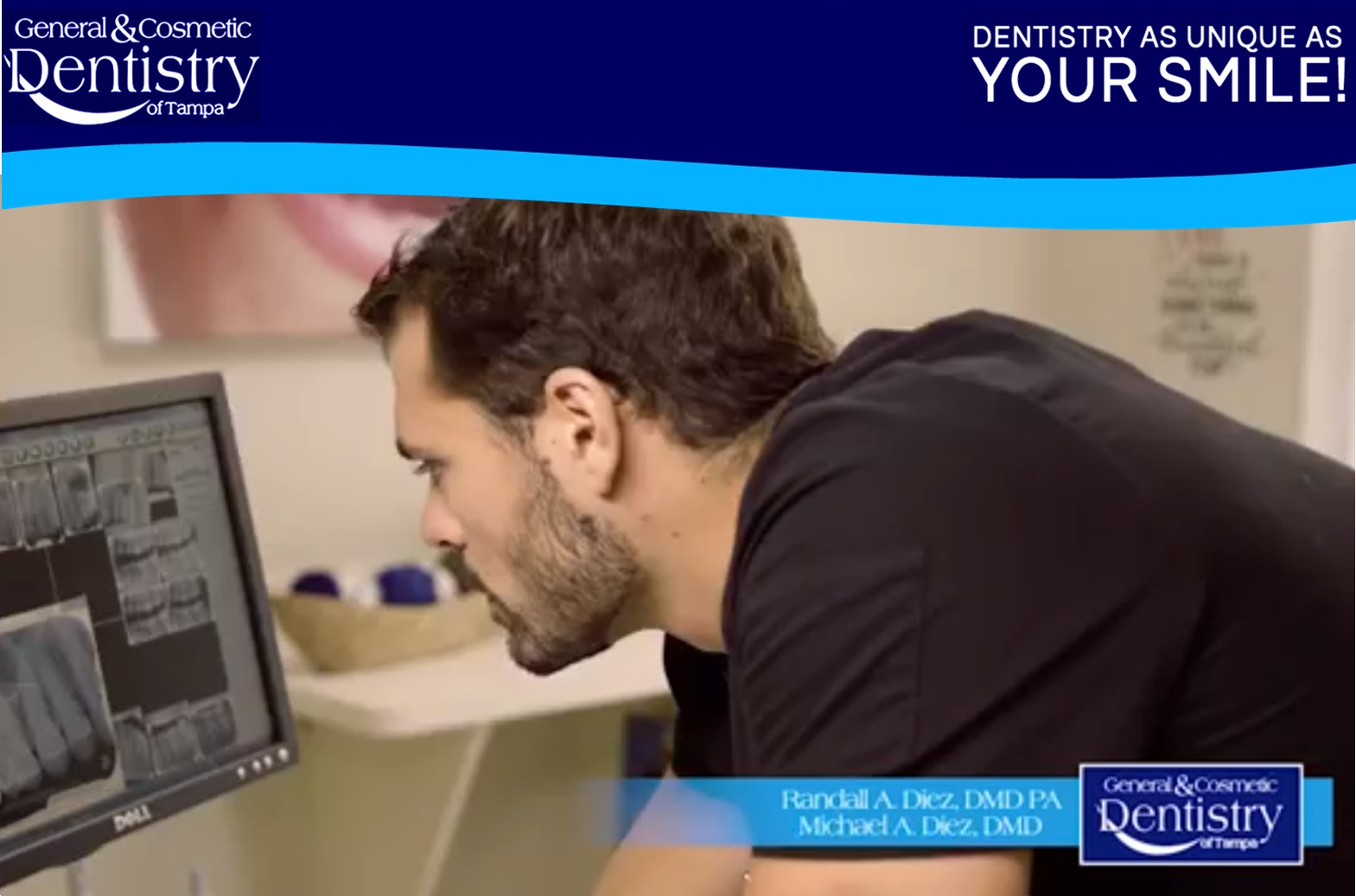
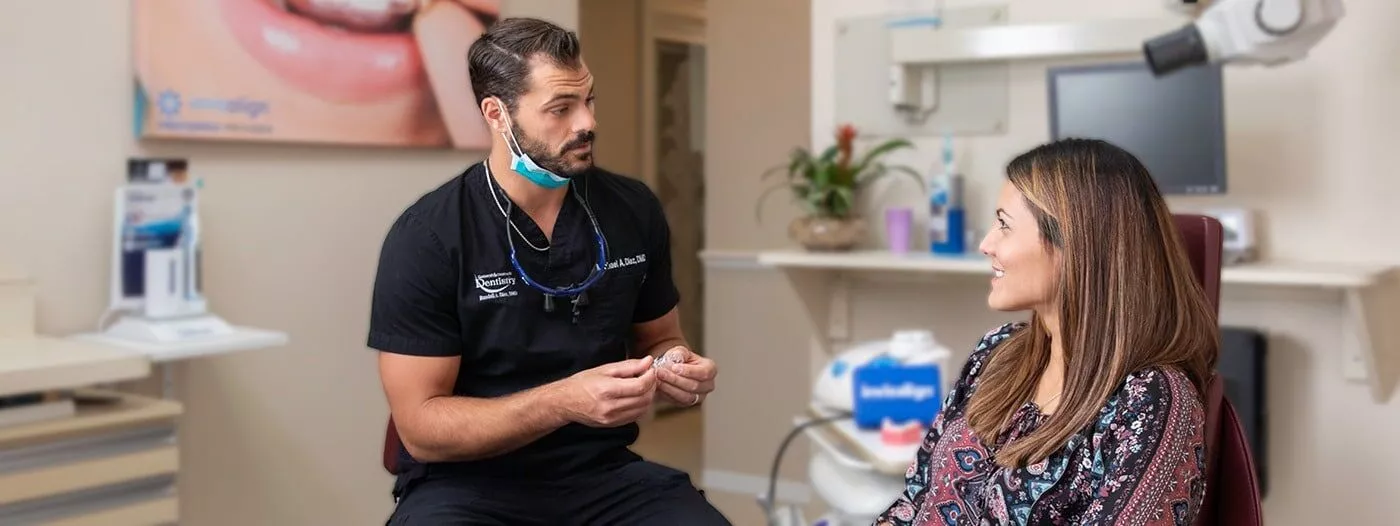
What to Expect During an Oral Cancer Screening in South Tampa, FL?
During an oral cancer screening, your dentist or oral healthcare
provider will thoroughly examine your mouth to check for any signs of
oral cancer. This is a crucial part of preventive healthcare and can
help in the early detection and treatment of this disease.
The
screening usually involves a visual examination where the dentist will
look for any abnormalities such as sores, red or white patches, or lumps
in your mouth. They may also feel your neck and jaw area to check for
any swollen lymph nodes. In some cases, additional tests may be
performed during the screening. One common test is called toluidine blue
staining, where a special dye is applied to the inside of your mouth.
The areas that absorb the dye more intensely could indicate abnormal
cells that need further investigation. Another method used in
screenings is VELscope technology. This device emits a harmless blue
light that helps highlight potentially harmful tissue changes that are
not visible under normal light.
An oral cancer screening is
painless and quick – it usually takes only a few minutes. It's
important to remember that regular screenings play a key role in
detecting oral cancer at its earliest stage when it's most treatable.
By availing of dentistry services, individuals can achieve and maintain good oral health, prevent dental problems, address existing issues, and enjoy the benefits of a healthy smile and improved overall well-being. For the best dental care, visit General and Cosmetic Dentistry of Tampa at 5010 Gunn Hwy, Tampa 33624, or call (813) 960-5869, or 3112 West Kennedy Blvd, Tampa 33609 or call (813) 874-5869.
Locations
- MON - TUE8:30 am - 5:00 pm
- WED8:30 am - 3:00 pm
- THU8:30 am - 5:00 pm
- FRI8:30 am - 1:00 pm
- SAT - SUNClosed
3112 West Kennedy Blvd Suite A, South Tampa, Fl 33609
Phone: (813) 874-5869
Email: chris.southtampadental@gmail.com
Fax: 8138745821
- MON - TUE8:30 am - 5:00 pm
- WED8:30 am - 3:00 pm
- THU8:30 am - 4:00 pm
- FRI - SUNClosed
